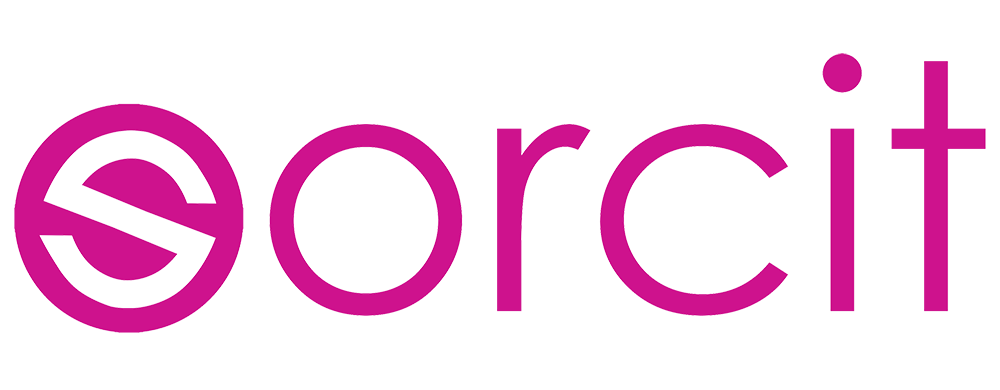If you have dreams of becoming the next Jonathan Ive then a firm grounding in design will help you learn the basics and develop your skills as a product designer. But first you need to figure out where to go.
As the school year draws to a close many Year 12 students will turn their thoughts to university. What course to study, where to study it?
What do you need to think about to help you make your decision?
Well, first of all, even though it can be difficult, you need to picture what you want to be doing in five or ten years. It doesn’t have to be in minute detail, instead the sector or the kind of products you want to make. Want to make eco-products? Specialise in electronics? In Wearables? In products for the home? Do you want to be an engineer, an artist?
The answers to those questions will largely be based on your own interests and the source of your inspiration. Yet it will also shape the kind of course you want to sign up to to understand how it can help you reach your goal.
At University of the Arts in London the course is Product, Ceramic and Industrial Design, and it’s a BA (Bachelor of Arts) while at Brighton the course is a hands on Product Design with Professional Experience and it’s a BSc (Bachelor of Science). Over at the University of Leeds, the Product Design course sits within the School of Mechanical Engineering.
Each course has a different emphasis, focuses on developing different skills providing students with a range of groundings and specialisms to prepare them for the industry. Where you want to be in the industry should be a factor in which course you think provides you with the right training and preparation.
Also look carefully at the kind of industry connections the university has. Which companies are linked with the institution, do they offer internships, do the close connections lead to the opportunity to work in the industry after graduation? Experience on the job is vital for those entering any sector as it reflects commitment and a desire to build experience. If a course has the kind of business contacts you like and aspire to it might be a good fit. Hands on work will also help you develop a great portfolio, which will make you more attractive to prospective employers.
What kind of jobs have their graduates gone on to do? Many universities will share this information on their websites. Leeds, for example, lists recent graduate destinations which include a Design Engineer at Dyson, a Packaging Designer at Unilever and a production Engineer at Rolls Royce.
Location is important in terms of considering where you’re going to live for the course of your degree but there’s also another factor to consider; what firms are nearby? In the West Midlands the automotive industry remains globally strong and recognised, attracting significant investment that filters along the supply chain from R&D through to product design and logistics. This enables and industry to work together to evolve and develop the next generation of products.
Whatever the goals you have for your career, the first steps start as you choose your university course. That doesn’t mean you should worry if you make the wrong choice first time round but by asking yourself questions and figuring out what you want your career to look like you’ll have a much better chance of finding the right course for you. And universities know that! Ask questions, grill them as much as you need to because they want the right students for their courses as well.
Fancy reading some more?
Sorcit – Taking Your Product to Market
We’re launching a YouTube guide taking you through the process of taking your product to market.
read moreHow will the Internet of Things change product design?
The internet of things is set to herald a change in a lot of ways including how we design.
read moreThe best products solve problems
When we design products we don’t do it in a vacuum, we’re responding to solve a problem!
read more


